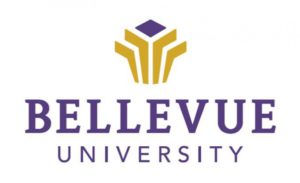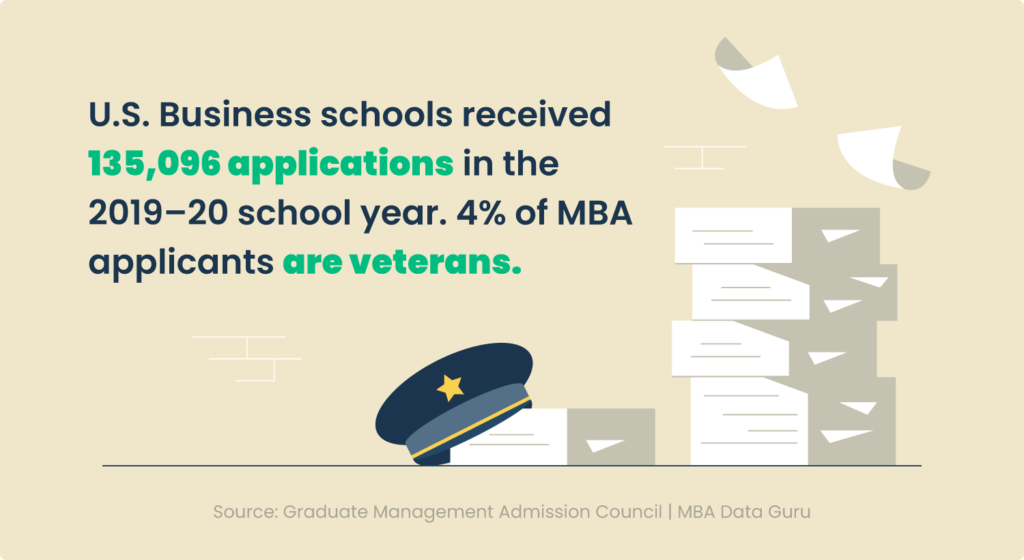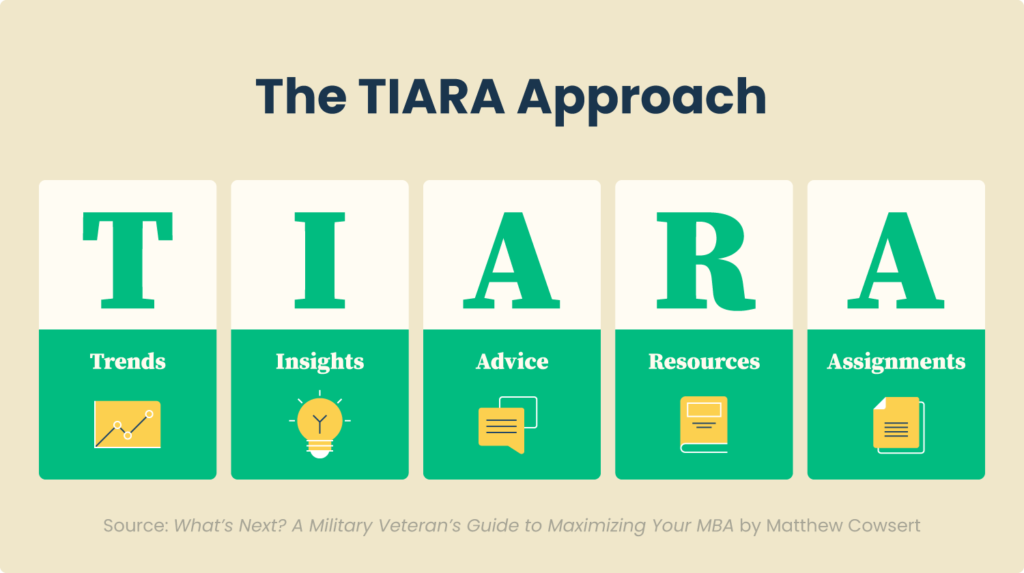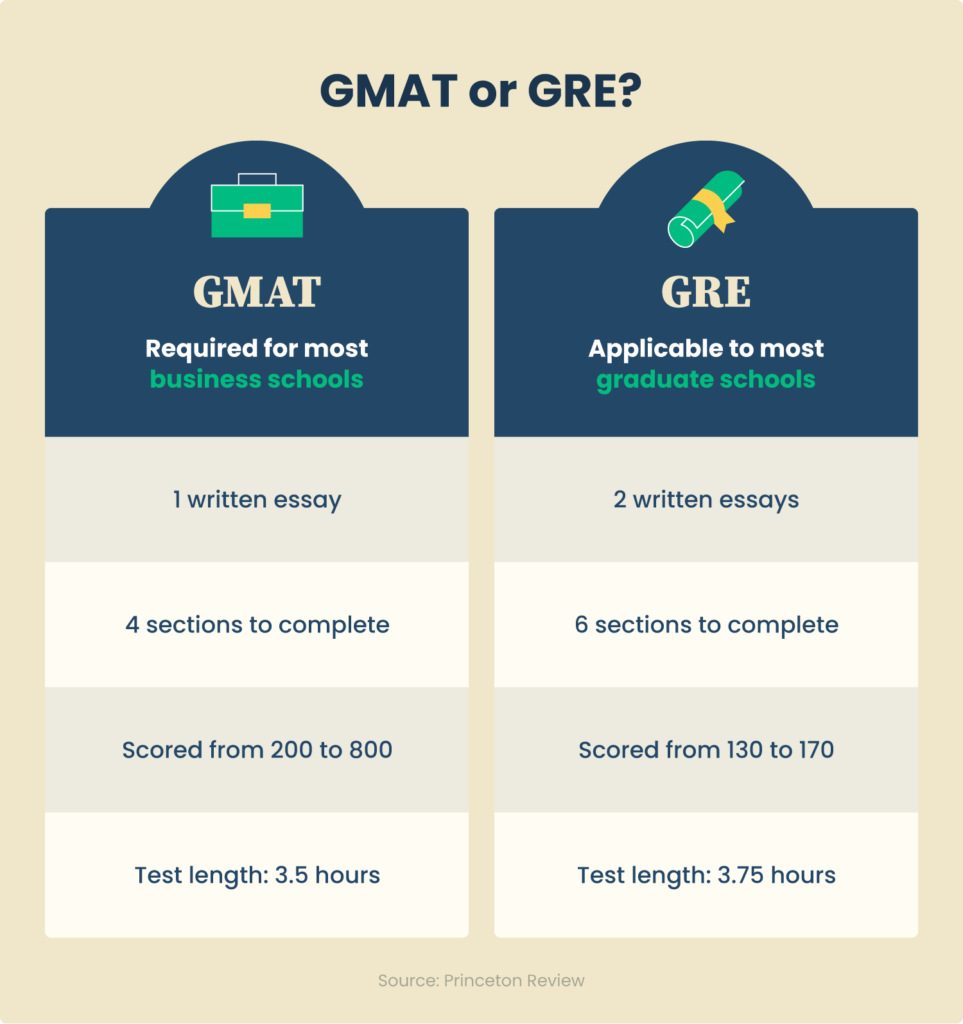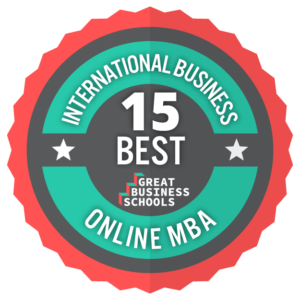
The decision to go for an MBA in International Business online is going to a very personal decision with several factors playing a role. For some students, getting an MBA in International Business online might sacrifice the experience of campus life and but for most, it would be a very practical choice. With improving technology, getting an MBA in International Business online is only going to get more popular, and that will improve the quality of the students in the program. To know more about the advantage of an online MBA, you can read this article from Forbes.
The popularity of doing an MBA degree through an online platform is increasing. With improving technology it is becoming easier to connect people online. In the academic world, teaching is often thought of as an interaction between the teacher and the student. However, in an International Business MBA online program, the interaction between the students with each other is equally important.
Methodology: Ranking the Best Online MBA in International Business
Online MBA students are looking for a program that will have a positive impact on their career, and that is first and foremost on the minds of Great Business Schools editors. We feature only accredited, legitimate institutions according to verifiable data from IPEDS and Niche: Cost, Salary Potential, and Student Reviews.
1. Lehigh University

Lehigh University offers an MBA in international business that can be completed 100% online. Lehigh University’s best online MBA in international business program is offered as a flexible part-time program, with the international business concentration requiring nine specific semester credits. The classes for Lehigh University’s best MBA in international business online program include international finance, global marketing strategies, plus a variety of immersion trips covering special topics. This best online international business MBA program has received accreditation from AACSB.
Lehigh University is a private higher learning institution that was established in 1865. Lehigh University is a research-oriented school that serves more than 6,600 students from its 2,000+ acre campus in Bethlehem.
Highlight Lehigh University’s campus is centrally located and about the same distance to NYC as Philadelphia.
Degree International Business MBA
2. University of Delaware

The University of Delaware’s Lerner Business & Economics offers a Master of Business Administration (MBA) with a focus on international business that is considered among Pennsylvania’s best online MBAin international business programs and can be completed entirely through the university’s distance learning platform. UD’s best MBA in international business online program prepares students for careers as an analyst, account exec or marketing director, among others. The best online international business MBA program from UD requires the completion of international accounting, globalization business, and international marketing, among others.
The University of Delaware, the largest of higher learning institutions in Delaware, was established as the result of the Morrill Land Grant College Act in 1833. UD is also a space-grant and sea-grant school with a student enrollment that exceeds 24,000 students.
Highlight The roots of the University of Delaware can be traced to a free school that was founded almost a century earlier
Degree International Business MBA
3. Tufts University

Tufts University’s Fletcher School of Business offers a Master of Global Business Administration that can be completed 100% online and is considered among the world’s best online MBA in international business programs by Foreign Policy Magazine. As one of Pennsylvania’s best MBA in international business online programs on the globe, the Tufts program has alumni hailing from more than 126 countries. This best online international business MBA program can be finished in sixteen months as a full-time student or two years as a part-time student.
Tufts University, with a motto of Peace and Light, was established in 1852. In Medford, Somerville, Grafton, and Boston, the school’s campuses serve more than 11,700 students.
Highlight Tufts University is recognized as a highly selective higher learning institution with a recent acceptance rate of about 15%.
Degree Master of Global Business Administration
4. Arizona State University

Arizona State University’s W. P. Carey School of Business offers a Master of Business Administration (MBA) with an emphasis on international business that can be completed 100% online, one course at a time every five weeks. This best online MBA in international business program from ASU has received accreditation from the AACSB. Students enrolled in this best MBA in international business online program can opt for international experiences for just study online. ASU’s best online international business MBA program includes classes like statistics for managers, leading people, ethical issues for managers, and a strategic management capstone, among others.
Arizona State University (Arizona State) was established in 1885 as a result of the Morrill Land Grant College Act. ASU operates four primary facilities at the regional level throughout the state, with more than 100,000 students served on-campus and online.
Highlight What began as a one-room school for teachers before Arizona in the state has now become one of the largest institutions of higher education in the world.
Degree International Business MBA
5. Washington State University

Washington State University’s Carson College of Business offers a Master of Business Administration (MBA) with an emphasis on international business that is ranked among the best online MBA in international business programs available. Students graduating from Wazzu Carson’s best MBA in international business online program enter the workforce as sales directors, management analysts, or operations specialists, among others. Wazzu’s best online international business MBA program includes classes in international finance, business management across the globe, and international marketing management, among others.
Washington State University (Washington State) was established in 1890 under the Land Grant Act. Wazzu operates multiple campuses throughout the state of Washington and serves a student enrollment that exceeds 29,900 students.
Highlight Washington State University holds the distinction of being one of the oldest of higher learning institutions located on the American west coast.
Degree International Business MBA
6. University of Houston-Victoria

The University of Houston-Victoria offers an MBA in global business that is considered among the most affordable and best online MBA ininternational business programs available. UHV’s best MBA in international business online program has received accreditation from the AACSB. This best online international business MBA program from the University of Houston – Victoria offers five concentrations – marketing, management, finance, general business, and human resources.
The University of Houston—Victoria was established as a public higher learning institution in 1973. UHV operates dual campuses in Victoria and Kay with a student enrollment that exceeds 4,400 students studying online and on-campus.
Highlight The University of Houston—Victoria is one of the four member schools that make up Houston’s university system.
Degree Global MBA
7. University of North Dakota

The University of North Dakota offers an MBA in international business ranked among North Dakota’s best online MBA in international business programs. North Dakota Business’s best MBA in international business online program can be completed entirely online or on-campus in about 18 months. Students enrolled in North Dakota’s best online international business MBA program are required to finish 34 semester units to meet program requirements.
The University of North Dakota (UND) began a number of years before North Dakota achieved statehood in 1883. More than 13,200 students attend classes on-campus and online offered by UND.
Highlight The University of North Dakota holds the distinction of being the only higher learning institution in the state with a medical school and law school.
Degree International Business MBA
8. University of Wisconsin-Whitewater

The University of Wisconsin-Whitewater offers an MBA in international business ranked as the best online MBA in international business program in the state for single institution MBA programs. UW Whitewater’s best MBA in international business online program prepares degree candidates must complete nine credits from this major’s curriculum. Students enrolled in UW Whitewater’s best online international business MBA AACSB accredited program (the largest MBA accredited program in the state) must complete 36 semester credits to meet program requirements.
The University of Wisconsin—Whitewater is a member school of the state’s university system that was established in 1868. The school’s rural campus in Whitewater serves more than 10,900 students.
Highlight The University of Wisconsin—Whitewater was originally established as a school to train teachers in the state.
Degree International Business MBA
9. University of Massachusetts-Lowell

The University of Massachusetts-Lowell’s Manning School of Business offers a Master of Business Administration (MBA) with an academic focus and emphasis on international business ranked among the best veterans and the best online MBA in international business programs by US News. This best MBA in international business online program has received accreditation from AACSB. UMass Lowell’s best online international business MBA AACSB accredited program is a model-program for a student exchange on a global network of partnered schools.
The University of Massachusetts—Lowell was established as a normal teacher’s school in 1894. UMass Lowell is a member school of the state’s university system with dual campuses in Massachusetts’s Merrimack Valley.
Highlight The University of Massachusetts—Lowell holds the distinction of being the second largest higher learning institution in the commonwealth.
Degree International Business MBA
10. University of North Carolina at Greensboro

The University of North Carolina at Greensboro’s Bryan College of Business and Economics offers an MBA with an academic track in international business considered among the state’s best online MBA in international business programs. UNCG Bryan’s best MBA in international business online program offers additional benefits for students that are affiliated with the military. Students enrolled in UNCG’s best online international business MBA program are required to complete 42 credit units, of which this includes a culminating capstone consulting course.
The University of North Carolina (UNC Greensboro) was established as a teacher’s training school in 1891. Although a member of the state’s university system, UNC Greensboro operates an independent institution. More than 19,800 students attend classes at UNC Greensboro.
Highlight The Weatherspoon Museum, on UNC Greensboro’s campus, holds the distinction of owning one of the largest modern art collections in the nation.
Degree International Business MBA
11. Old Dominion University

Old Dominion University’s Strome College of Business offers a Master of Business Administration (MBA) with an academic certificate in international development that is considered among the nation’s best online MBA ininternational business programs, according to US News. ODU’s best MBA in international business online program with this certificate requires the completion of 40 semester credits. ODU Strome’s best online international business MBA program has received accreditation from AACSB and is available on-campus, online, and through a hybrid delivered method.
Old Dominion University (Old Dominion) was established in 1930 as a division of the College of William and Mary. Old Dominion University is a sea-grant and space-grant institution of higher learning with a student enrollment that exceeds 24,800 students.
Highlight Old Dominion University has grown from a satellite facility to one of the largest higher learning institutions in the state.
Degree MBA with International Development Certificate
12. University of Central Missouri

The University of Central Missouri’s Harmon College of Business offers a Master of Business Administration (MBA) with an academic track in international business that is ranked among Missouri’s best online MBA in international business programs. UCM Harmon’s best MBA in international business online program is also available on-campus and as a hybrid program. The University of Central Missouri’s Harmon College of Business’s best online international business MBA program is only one of six in the state to receive AACSB – International accreditation.
The University of Central Missouri was established as a public higher learning institution in 1871 that began as a normal school, the second in the state. UCM is a state school that serves more than 10,000 students on its 1,500+ acre campus in Warrensburg.
Highlight Degrees awarded by UCM Harmon College of Business have received accreditation from the AACSB – International.
Degree International Business MBA
13. Fayetteville State University

Fayetteville State University offers an MBA in international business that is considered among North Carolina’s best online MBA in international business programs. Students enrolled in FSU’s best MBA in international business online program offers several concentrations within the degree – accounting, finance, business management, business law, and marketing. Students graduating from FSU’s best online international business MBA program enter the workforce as global business managers, marketing managers for international companies, or international development management, to name a few.
Fayetteville State University is an HBCU higher learning institution that was established in 1867. More than 5,700 students attend classes on the school’s Fayetteville campus or online.
Highlight Fayetteville State University holds the distinction of being the 2nd oldest of all state funded institutions of higher learning.
Degree International Business MBA
14. Tennessee Technological University

Tennessee Technological University offers an MBA in international business that is recognized among Tennessee’s best online MBA in international business programs. Tennessee Technological University’s best MBA in international business online program prepares students for rewarding careers in government, research, education, city development, international trade, or import/export, among others. This best online international business MBA program is available as a part-time or a full-time student and requires students to complete 30 semester credits to meet program requirements. Additionally, international business MBA degree candidates are offered an international business practicum experience.
Tennessee Technological University was established as Dixie College in 1909. The university’s campus in Cookeville covers more than 200 suburban acres and serves more than 10,200 students.
Highlight When Tennessee Tech first opened, students, worked the gardens and fields to produce their own food.
Degree International Business MBA
15. Anderson University

Anderson University’s Falls School of Business offers a Master of Business Administration (MBA) with a focus on international business that is among Indiana’s best online MBA in international business programs. Anderson Falls’ best MBA in international business online program requires degree candidates to complete 41 semester credits to graduate with an MBA concentration. Coursework for Anderson University’s best online international business MBA program includes business plan development, organizational behavior, leadership seminar, strategic accounting, leading organizational change, plus and international seminar or trip, to name a few. Anderson’s MBA program is available entirely online or in Anderson, Carmel, Fishers, or Lawrence.
Anderson University was established in 1917 as a private Christian higher learning institution. Anderson University’s campus in Anderson serves more than 1,700 students and covers more than 100 suburban acres.
Highlight Anderson University was originally developed to be a bible training school.
Degree International Business MBA
Why Should You Get an International Business MBA Online?
There are several advantages of getting an online International Business MBA degree. One of the greatest benefits of an online MBA is flexibility. Most of the MBA students leave their full-time job or their business to focus on the MBA. They also have the option of going part-time but that might take longer to complete and it can become stressful for certain professions that require traveling or have an unpredictable work schedule. With an International Business online MBA, students are allowed much more flexibility. With an online MBA, students can connect from anywhere that has internet access, whether that is at home, in a hotel, or on an airplane. The other advantage of an Online International Business MBA is cost. For most programs, going through the online channel is significantly cheaper than attending classes on campus.
Whether the MBA focuses on International Business, Marketing, Finance, or any other discipline, the key to a successful MBA program is allowing the students to collaborate, sharing their experience through discussions, case studies, assignments, presentations, group projects, and more. With today’s technology, it is possible to have a seamless experience of an International Business MBA online program on the online platform.
How to Choose an Online Business MBA Program?
One of the first factors to consider in an online business MBA program is to choose an AACSB accredited International MBA program. With an accredited international MBA program, you get validation of the quality of the program. If the business school has been accredited that means they have passed the requirements of AACSB, which is very selective in their approval process. The accreditation is also important for post MBA job prospects as recruiters also look at AACSB accreditation is an important factor in the recruitment of MBA graduates. With an AACSB accredited International MBA online program, you will have the confidence that you are investing your time and money in the right place.
Another important factor to consider when choosing an online MBA program is the format of the program. Does the program require you to attend live classes? Will you be able to meet this schedule? You should look for a program that allows you to have direct interaction with your classmates, as they are an extremely important part of the MBA program. The networking you do during your MBA is one main reason why many students want to do an MBA. Not only does it help your job prospects but also allows you to connect with your classmates for information and advice regarding their areas of expertise throughout your career. You should also analyze the overall cost of the online MBA program. You can quickly do an ROI calculation to determine the financial impact of the MBA. Typically, an online MBA program should provide a faster ROI compared to conventional on-campus MBA programs.
What is an MBA in International Business?
To understand what is an MBA in International Business, you need to first understand that the dynamics of the business world are changing. The global market is becoming one large interconnected economy and it requires dynamic, versatile, and multi-talented leaders. The future of the business world needs leaders that embrace change, are comfortable in a multi-cultural environment, and thrive under pressure. The International Business MBA focuses on preparing the students to develop skills that are relevant to the increasingly global marketplace of the world. In an International Business MBA program, the students are given a strong foundation of business subjects such as finance, accounting, and marketing, but they are also given courses that help improve their soft skills, which are extremely crucial to their success as a future business leader. With a degree in International Business, students get the right combination of business fundamentals and people skills to be able to work with people from any part of the world. Generally, the student body of an International Business MBA program is culturally diverse, providing the students with a multi-cultural exposure similar to the real business world.
Carrie Morris
Author
Warren Dahl
Editor-in-Chief








